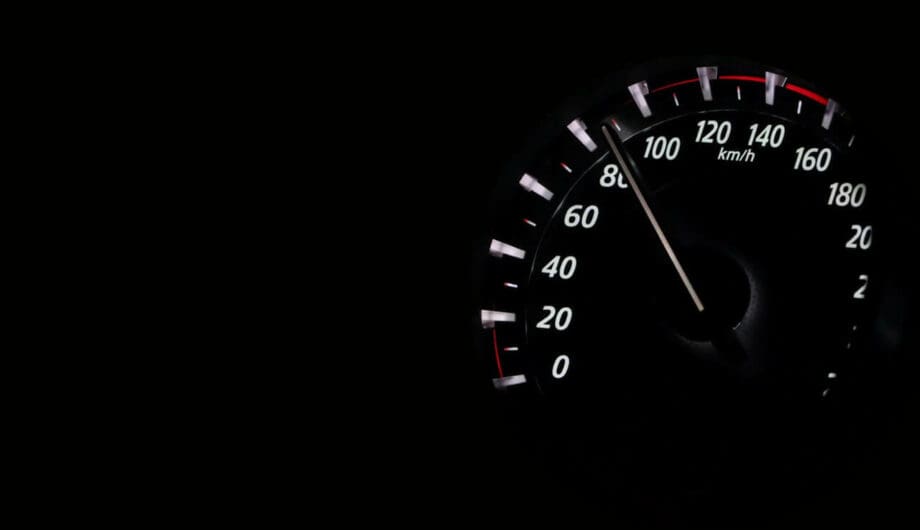
You’ll never find it.
I’ve written about page speed a few times before. It’s important that you have a well performing site and that your site loads quickly for your users. There are multiple ways to test your site to see how it’s performing. Popular sites include:
These are all good tools. However, my advice to you is to treat them as diagnostic tools, not as the definitive answer to how your site performs. You can make yourself crazy trying to get a perfect score on these websites and most likely, you’ll never get one.
The most important part of this formula is actual page speed. How fast does your page load on someone’s computer, tablet or phone? And there are a lot of factors that affect this. Image optimization, server response time, caching to name a few. Your “grade” that you get on any of these is based on your site’s optimizations, NOT on your site’s actual speed. I’ve seen pages that load in under a second get poor grades and sites that load in 9 seconds get a As.
If the page speed tool is measuring the speed of the website, why is the grade not a reflection of the load time of the page?
Instead of chasing a specific grade for your website, focus on making sure you have all the right optimizations in place. Here are the things on the top of my list.
- Use great web hosting. So many people don’t think hosting matters and any old host will do. This is not true. If you are paying $4 a month for hosting, don’t expect to be using the fastest server around, or expect your host to help you get your site faster. You get what you pay for. My current favorite host is Kinsta (affiliate link). I’ve seen sites jump from 10 second load times to less than 2 second load times with doing nothing more than just migrating to their hosting service.
- Optimize your images. Don’t upload giant images, your website doesn’t need images full size and using full size images will slow your site. Crop and trim your images to appropriate sizes and then use an image optimization plugin to optimize further. A few I like are TinyPNG, Shortpixel, and JPG, PNG Compression and Optimization plugin.
- Set up caching. Caching is important and plays a big role in page speed. Free caching plugins include WP SuperCache, Swift Performance Lite, and W3 Total Cache. I am a personally a fan of WP Rocket, which is a premium plugin.
Now if you want get extra credit, you can also set up a CDN. But if you follow those three rules, you should be able to have a site with pretty good speed. But definitely take those page speed scores with a grain of salt – chasing the highest scores will only bring you heartache.
I’d rather have a fast site with a C grade than a slow site with an A grade.
Amy Masson
Amy is the co-owner, developer, and website strategist for Sumy Designs. She's been making websites with WordPress since 2006 and is passionate about making sure websites are as functional as they are beautiful.
